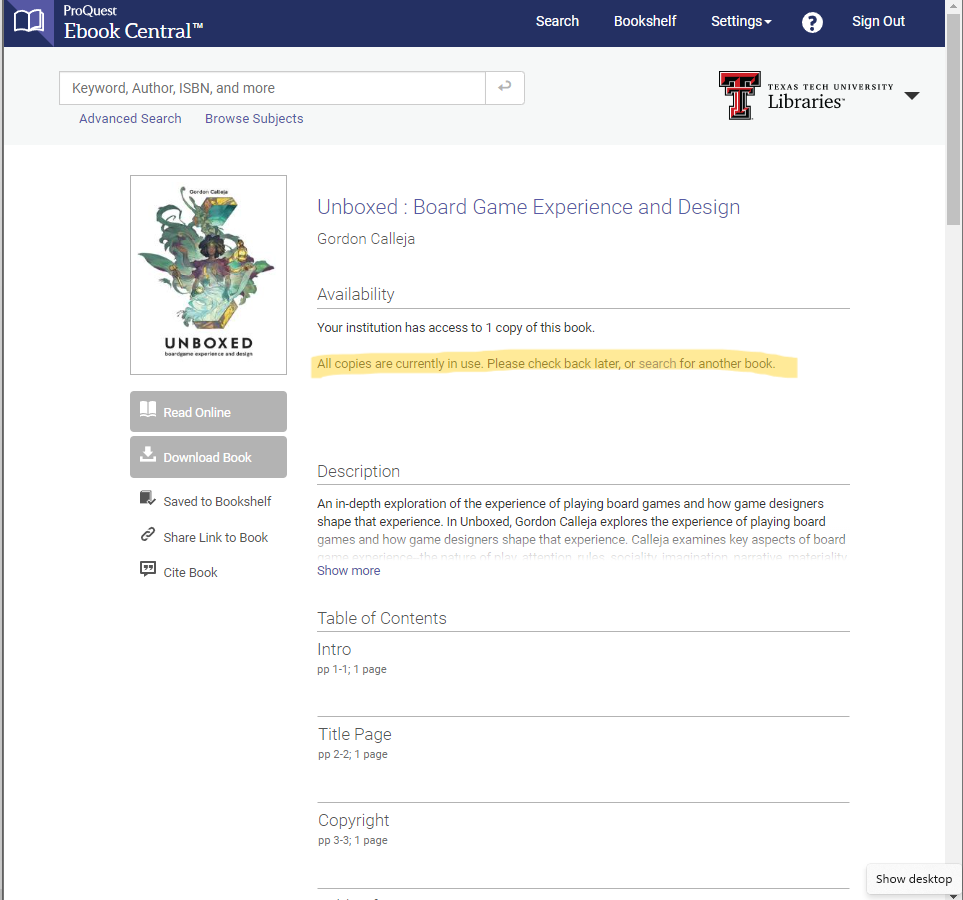Devlog #8
For this week, we playtested our card games before turning them in on Thursday. However, after doing the readings (and refreshing at the time I am writing this post) I recognized a few things that I didn't remember in the moment.
"Game developers of every stripe have one thing in common: they are proud of their craft. Naturally, then, many find the idea of doing a 'quick and dirty' prototype completely abhorrent. Artists will spend too much time on early concept sketches" (Schell). For our card game, despite it being just playtests and not needing the complete amount of artwork on Tuesday (needed about 75-90%), I still spent an overwhelming amount of time on the artwork that should've been around 5 hours instead of the 9+ hours, with temporary in place art rather than the official. Looking back on it now, I realize I pulled an all nighter for nothing. While the very first prototype was the "quick and dirty" type, with purely locations and power up cards written on papers and playing cards, there was still a lot of time spent on artwork that didn't need to be spent.
"Toys are fun to play with for their own sake. In contrast, games have goals and are a much richer experience based around problem solving. We should never forget, though, that many games are built on top of toys" (Schell). Despite being a card game, we used playing cards as the cards for inspiration and modifying when we finished the first play test. The cards were the toy, but the game we created itself was, well, the game. There were still number cards with different suits (the bonus point cards) and suits were put onto film and location cards, essentially making a game around the original playing cards and suits associated with them.
In Schell's Ten Tips for Productive Prototyping, it mentions different processes for playtesting. One process is known as The Informal Loop, which is "1. Think of an idea, 2. try it out, 3. keep changing it and testing it until it seems good enough" (Schell). This was the process that many groups within the past week or so did, including ours. We thought of an idea based off travel, try it out with ourselves and others outside our group, and kept changing it and testing it until we determined it was good enough. It is a common form of building a game, as it seems to be the beginning phase of all games, more commonly mobile games, where they make beta and alpha versions of games for people to test, then improve on that feedback before sending it out to be tested again. One game in particular that comes to mind for me is Sky: Children of the Light. It is a mobile game that had alpha and beta versions before being fully released to the public. Even after release, where the developers could have stopped the game at the version it was at, the developers noticed that players liked customizing their character. In turn, they brought temporary spirits within a few month time span known as seasons, with cosmetics that were available to a certain point, then would disappear until they came back around a year or so later with raised prices of the in game currency (candles). Some cosmetics were also gone forever (known as ultimate gifts within game). The concept of seasons brought players back to the game after leaving it once it first released, and even brought in new players with the promise of more cosmetics for them to customize their character, as long as they get enough candles in time. The developers are still taking in feedback from the community, shaping the game into something that everyone can enjoy. They provided more dangerous realms to play in for more adventurous players, and even provided Do Not Disturb spells for players that did not want to socialize. This game keeps adapting to players' needs, in order to reach a "good enough" status and just having to provide the temporary spirits without having to add in extra features.
Design Journal of Soul
More posts
- Devlog #14Dec 01, 2023
- Devlog #13Nov 17, 2023
- Devlog #10Oct 27, 2023
- Devlog #9Oct 20, 2023
- Devlog #7Oct 06, 2023
- Devlog #6Sep 29, 2023
- Devlog #5Sep 22, 2023
- Devlog #4Sep 15, 2023
- Devlog #3Sep 08, 2023
Comments
Log in with itch.io to leave a comment.
This was a great reflection on the Schell readings. I’m glad to see the lessons are applicable in the way that I hoped.
On an unrelated note, I wanted to do a quote from Calleja's textbook, but the website wouldn't provide the online version because it was unavailable since someone else within Texas Tech borrowed the book. How unlucky really, since it was available last night when I reviewed the readings.
I apologize! I did not realize that it was a one-copy at a time book. Digital rights are frustrating. I need to make note of that for the future.